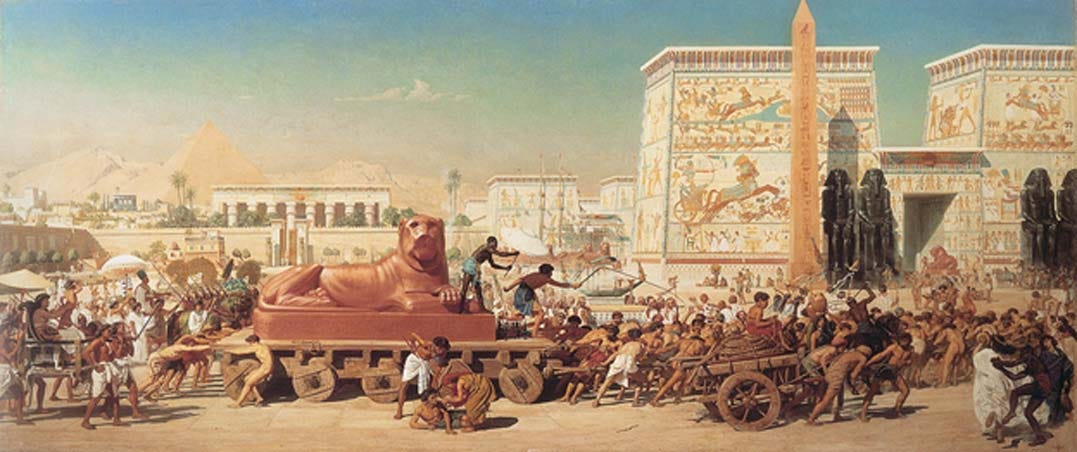Exodus: Were the Israelites Slaves in Egypt or Not?
The Book of Exodus has intrigued churchgoers, academics and everyday readers. The approach to its content varies; an apologetic approach includes a literal interpretation of the Bible however a minimalist approach suggests the stories in the Bible are not entirely factual. This study embraces the middle ground between the apologetic and minimalist approach from a secular military standpoint. The focus of this article is on the mass Hebrew exodus. The author does not dispute the fact that the Hebrew people left Egypt - the number that fled is in question. Using an alternate interpretation of eleph, the Hebrew word for ‘thousand’, combined with the known nutrition and medical practices of the Hebrews, provide an alternative population number than what is recorded in scripture.

Slaves or Freedmen: A Linguistic Debate
To determine whether the Hebrew people in Egypt were slaves that grew resentful of their masters or malcontent freemen abused by their employers, the author relied upon the Bible as well as the works of biblical scholars George E. Mendenhall, Abraham R. Besdin, and military historian Richard A. Gabriel. Gabriel, author of the Military History of Ancient Israel, made a statement that is often overlooked: “The Hebrew term used to describe the Israelites at their labors is avadim which in an obscure and irregular usage can connote ‘slaves’, but which more commonly translates as ‘workmen’ or ‘workers’ or even ‘servants’. The linguistic argument is interesting but is not definitive.”
Furthermore, the books of Exodus and Numbers suggest something other than outright slavery. In the Book of Exodus, the Hebrews grumble at Moses after he led them out of Egypt, stating: “We wish Adonai had used his own hand to kill us off in Egypt! There we used to sit around the pots with the meat boiling, and we had as much food as we wanted. But you have taken us out into this desert to let this whole assembly starve to death!” In the Book of Numbers, the Hebrews state: “We remember the fish we used to eat in Egypt - it cost us nothing! - and the cucumbers, the melons, the leeks, the onions, the garlic! But now we are withering away, we have nothing to look at but this man.” The term avadim along with the Hebrews’ mood after leaving Egypt, speak volumes and raise many questions concerning their true status among the Egyptians. The real issue is whether slavery was an institution in Egypt, or not.


